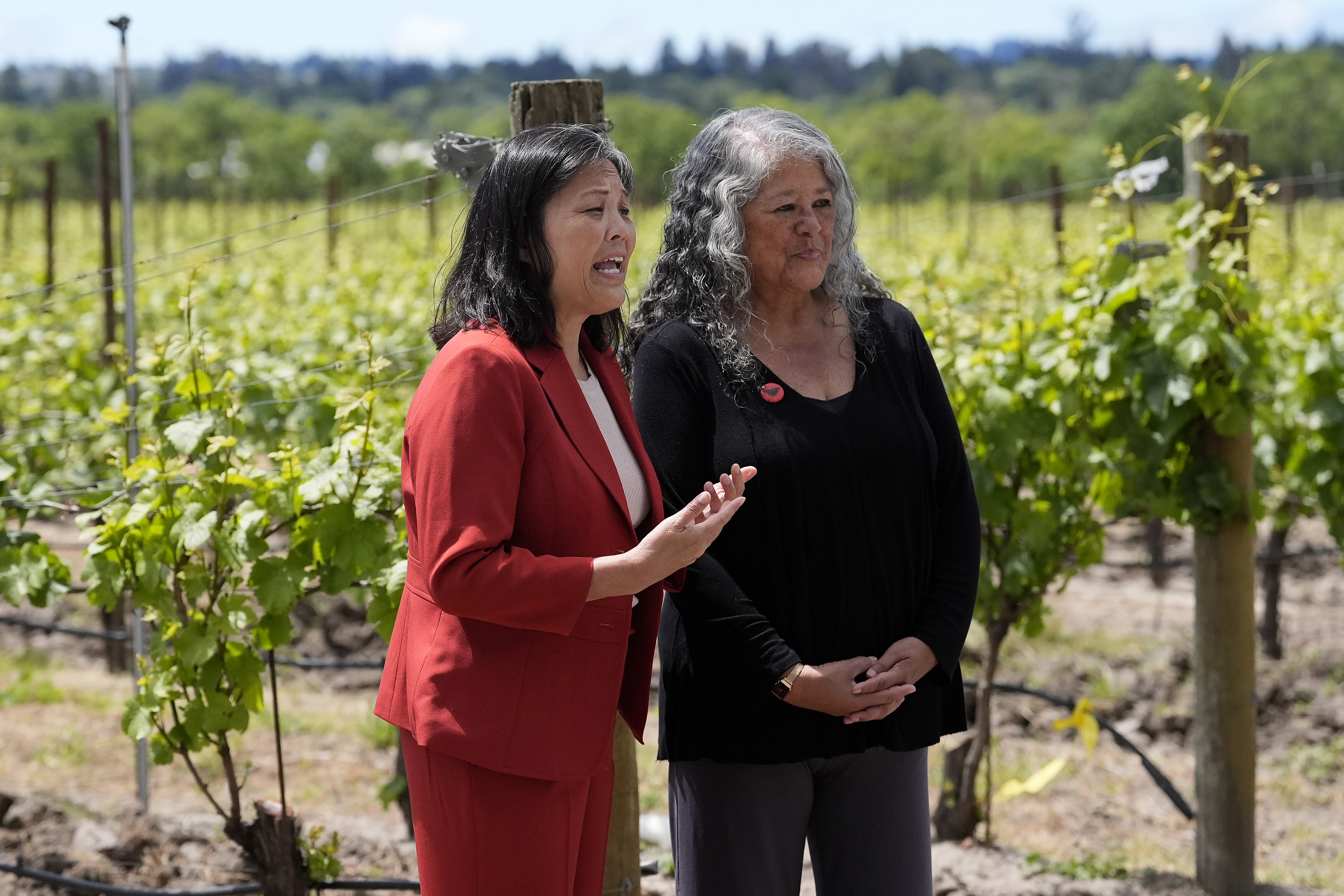A long-time former Boston police officer is recalling the night he put a gun to his own head and nearly pulled the trigger.
Retired Sgt. Brian Fleming's story is a powerful struggle few would be willing to ever share, but he's sharing his story for the first time exclusively with NBC Boston Investigators for every cop who is still serving and struggling in secrecy.
More officers nationwide are committing suicide. In 2016, 138 officers committed suicide, and in 2017, 148 officers died by suicide.
Fleming spent 32 years in uniform on the swat team and motorcycle unit.
He recalls the night he nearly committed suicide.
“I took a gun out, I put it to my head, my finger on the trigger. I wanted to die.”
Fleming had battled years of addiction.
U.S. & World
“About a month later I overdosed on drugs and alcohol and came pretty close to dying. That was the end for me.”
Stressed and in need, he found little support with no services in place.
“They kind of coached me, sent me away, and I came back and had ultimately been fired from the job.”
In losing, he found a win and eventually a new path.
Fleming returned back to the swat motorcycle unit as a supervisor.
“Thank God I was sober. But I had had enough of the John Wayne stuff.”
Fleming and Tommy Femolare, both retired Boston cops, now run peer support services for all officers. Cops in need can reach out anonymously.
“With cops if we come forward, we lose our gun, we lose our job, we lose our credibility among other peers. This is a way that can help it without me even knowing who they are.”
Peer support officers undergo a minimum three day training. All is kept confidential by Fleming and Femolare. However, a bill making it a law to keep peer support confidential for all first responders is stalled at the state house for the third year awaiting a third reading in the house. Why?
It’s unclear since 36 state representatives and three police unions are backing it. There’s no cost and after a critical incident in New Hampshire, lawmakers there passed a similar bill in just one year.
NBC Boston Investigators questioned Massachusetts State Representative Theodore Speliotis. His committee decides which bills get a third reading and move forward. He could only confirm his committee is “seriously looking at it.”
Blue Help, based in Worcester, tracks officer suicide nationwide. In 2017, they confirmed 148 officers committed suicide. The deadliest day in 2017 was October 20. There were five officer suicides that day.
Fleming says, “We need cops to be able to go get help without any fear of reprisal.”
Besides peer counseling offered by some departments, there’s a self-check quiz officers can take online to determine risk of suicide.
Fleming remembers one of the first to take the test.
“This guy was suicidal, homicidal, drinking alcohol, had two tours in Iraq. He walked in my office and what do you think I saw? Twenty-eight year old, fit as a fiddle, looks like a million bucks. If it wasn’t for that test, I would not know what was going on inside that guy's head.”
Thinking back to the night Fleming put a gun to his own head, he says, "I put it down. I picked it up again. I put it down. Picked it up again.”
It was one of many times he says he thought of suicide over the years.
Fleming is one of the many officers who have dangers from the street churning into their own demons.
“Here you don’t want to say anything because a cop’s going to lose his gun or his job if you say something about something that’s going on. But over here he’s going to be in a casket.”
As peer support director, Fleming oversaw the largest mental health intervention in Boston police department history after the Boston Marathon bombing. They saw over 600 officers within days as NYPD came to help with the peer support.
Fleming says it is important for cops to talk to cops, so if there has been a shooting he has team members from another department come in who have been in shootings also to do that debriefing.
For Boston PD, the debriefing is mandatory to escape the stigma.
Fleming says, “If you have three officers, one is truly resilient, really doesn’t need anything because stress affects everybody differently. The second one, he’s having sleep disturbances. He thinks he might go but that guy said no so he’s going to say no. The third guy's going home to put a gun in his mouth. But he’s going to say no because they said no. Everybody goes. That removes the stigma. They don’t have to talk, but they’ve got to go.”
For information on how to contact Fleming directly, click here.
SUICIDE PREVENTION: If you or someone you know needs help, you can contact the National Suicide Prevention Lifeline by calling 1-800-273-TALK (8255) or click here to visit the website.



